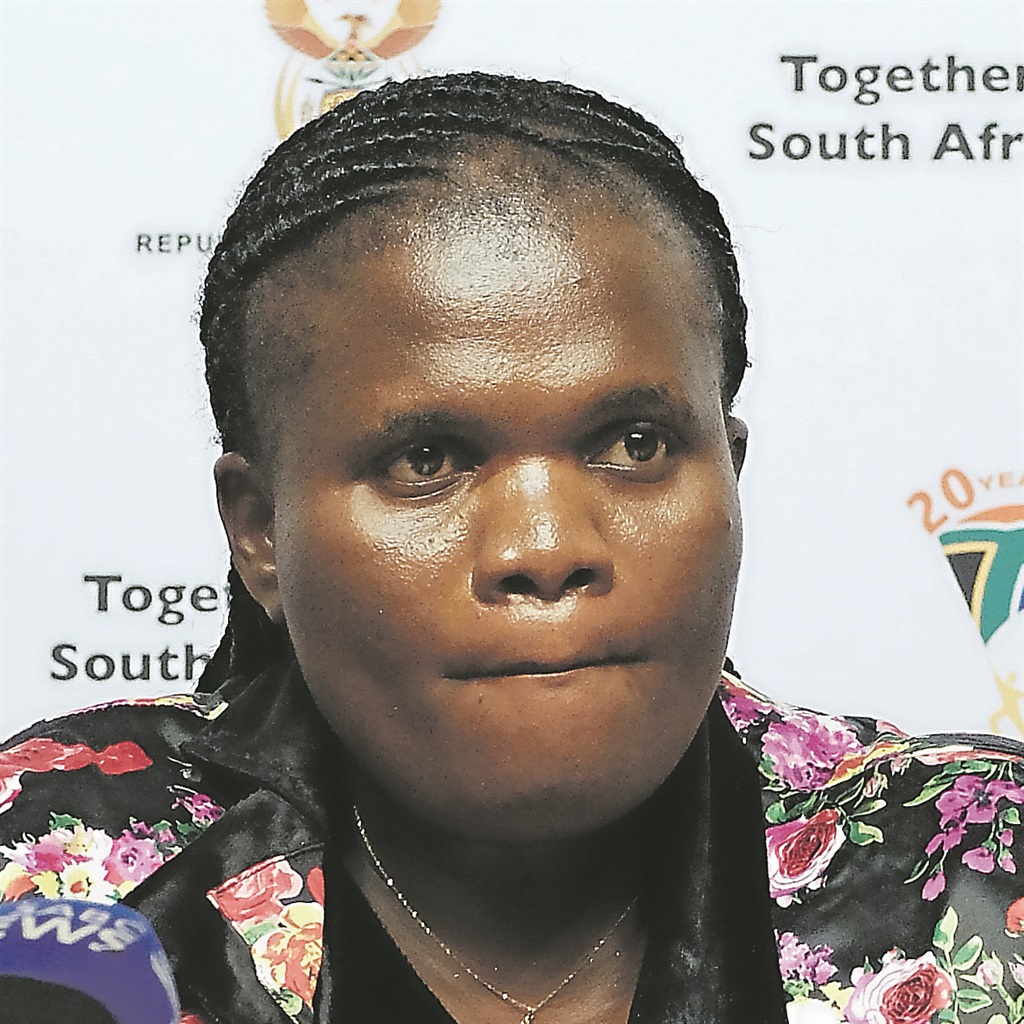
The tide could be turning in favour of media activists fighting against MultiChoice’s “de facto monopoly” in the pay-TV industry and the government’s turn towards encryption-free set-top boxes for the migration to digital broadcasting.
The Competition Appeal Court last Friday sent a controversial R533 million deal between MultiChoice and the SABC back to the Competition Commission to consider whether it should be a “merger” that could be subjected to conditions, or even rescinded.
This follows a Supreme Court of Appeal ruling that struck down Minister of Communications Faith Muthambi’s sudden change of government policy not to include encryption technology in the planned roll-out of subsidised set-top boxes.
At the same time, the Independent Communications Authority of SA last Friday announced an inquiry into the pay-TV sector to probe why would-be competitors to MultiChoice keep failing.
This would inevitably also entail looking at MultiChoice and the encryption debate.
The competition case revolves around a 2013 deal characterised by activists as a “bribe” that MultiChoice paid the SABC to make the SABC campaign for MultiChoice’s preferred encryption policy: that there would be no encryption capabilities in state-subsidised set-top boxes.
If the boxes accommodate encryption, they would immediately create a nationwide infrastructure that rival pay-TV broadcasters can use to compete against MultiChoice’s entrenched dominance.
The SABC was on the other side of the fence, arguing in favour of encryption, but shortly after the deal was announced, it said that it also supported MultiChoice’s position.
The deal involved the SABC allegedly “selling” exclusive access to its archives to MultiChoice for five years, and also a commitment from the SABC not to encrypt its channels and to oppose “burdensome” regulations on MultiChoice, and vice versa.
The SOS Support Public Broadcasting Coalition, Media Monitoring Africa and rival media group Caxton tried to block the deal by asking the Competition Tribunal to treat it as a merger subject to competition law. They lost but, last week, the Competition Appeal Court ruled that they may
have a point.
The appeal yielded two judgments. The main one found there was no way to prove a merger, but also that it didn’t have all the facts because the tribunal failed to use all its inquisitorial powers. The judges said there was enough public interest to warrant scrutiny.
The minority judgment by Judge Bashier Vally took a stronger stance, saying MultiChoice’s apparent sway over the SABC’s policy on encryption makes for a “prima facie” case that a merger had occurred.
But Vally also found that there just weren’t enough facts before the court.
Even though the minister is the one who decides on policy, the weight of the SABC’s position “cannot be underestimated”, said Vally in his minority judgment.
The deal has now been referred back to the Competition Commission, which will make a recommendation to the tribunal on whether or not to treat it as a merger. But the commission could still find that there is nothing worth probing.
The intention is to make public as much detail about the agreement as possible, said Sekoetlane Phamodi, coordinator of SOS.
“If the deal is notifiable [subject to merger rules], we will argue to block and rescind it,” he told City Press.
Phamodi said that having MultiChoice submit the required information to the competition authorities might shine new light on the extent of its parent company Naspers’ control of media in the country.
Naspers subsidiary Media24 owns City Press, as well as several other newspapers and magazines.
“MultiChoice is a de facto monopoly. Its singular interest is to obstruct digital migration to absorb as many of the free-to-air offerings as possible to its own platform. It is an abuse of dominance,” he said.
MultiChoice’s manager of corporate affairs Jackie Rakitla said the company fully intends to comply with the order to submit the deal to the commission, but said he would not “comment on speculation” about what happens if the deal is considered to be a merger.
“The majority decision of the Competition Appeal Court found that the agreement does not constitute a merger on any of the grounds advanced by the applicants. MultiChoice will consider its options once the decision of the commission has been made,” he said in a written response to questions.
He said the company had no concerns about revealing details on it or its parent company’s ownership of media in the country.




 Publications
Publications
 Partners
Partners








